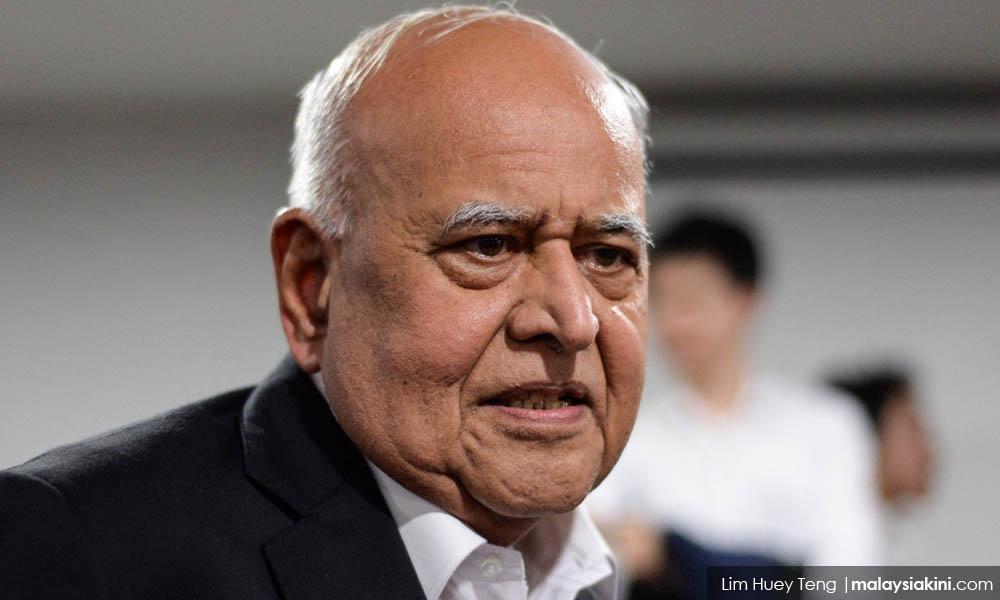
Former Federal Court judge Gopal Sri Ram pointed out that under the law, the government has no reputation to protect.
"Therefore, by allowing the government to sue for defamation, it infringes the personal liberty of individuals," he told Malaysiakini.
Sri Ram was commenting on the Federal Court's landmark judgment today in the case of Bandar Kuching MP Chong Chieng Jen, where it ruled that the government can sue for defamation.
"Law here includes the English common law, under which the government has no 'reputation' to protect.
"Therefore, by allowing the government to sue for defamation, it infringes the personal liberty of individuals," he said.
Sri Ram also believes that the judgment had missed an important point.
He pointed out that the Government Proceedings Act 1956 (GPA) – which the court used as the basis of its argument to override the Derbyshire principle – is a pre-Merdeka statute.
"Therefore it cannot be treated as imposing a restriction on the right of free speech under Article 10(2) of the Federal Constitution.
"Being a pre-Merdeka statute, it must be brought into accordance with the constitution under Article 162(6)," he added.
Article 162(6) states that any extant laws which have not been modified on or after Merdeka Day may be applied with modifications to bring it into accord with the other provisions of the constitution.
When this is done, Sri Ram said, the right of the government to sue must then be subject to Article 10(1), which includes the right to criticise the government without restriction.
He further pointed out that Article 5(1) on personal liberty cannot be taken away, save in accordance with the law.
The five-member Federal Court bench led by Court of Appeal president Ahmad Ma'arop ruled today that the common law Derbyshire principle – which forbids public authorities from bringing actions for defamation – is not applicable as there are existing laws available, including the GPA.
It also noted that the government has a reputation which it could protect via defamation suits, and that it has a statutory right to sue as provided for in GPA.
Justice Ahmad further explained that the Derbyshire principle does not apply because under Section 3 of the Interpretation Acts 1948 (1967), the words "written law" does not include common law.
"Thus the statutory right of the government to sue in civil proceedings under Section 3 of the GPA including for defamation is not subject to the common law of England.
"GPA does not preclude the government from taking civil action for defamation," he added.
Justice Ahmad partially upheld a Court of Appeal decision from 2016, which reversed the Kuching High Court's ruling that the Sarawak government could not sue Chong for defamation.
Nonetheless, the judge ordered for Chong's case to remitted back to the Kuching High Court, noting that the Court of Appeal had erred in making its judgment. - Mkini



No comments:
Post a Comment
Note: Only a member of this blog may post a comment.